Keywords: Plenary Council
There are more than 24 results, only the first 24 are displayed here.
Become a subscriber for more search results.
-
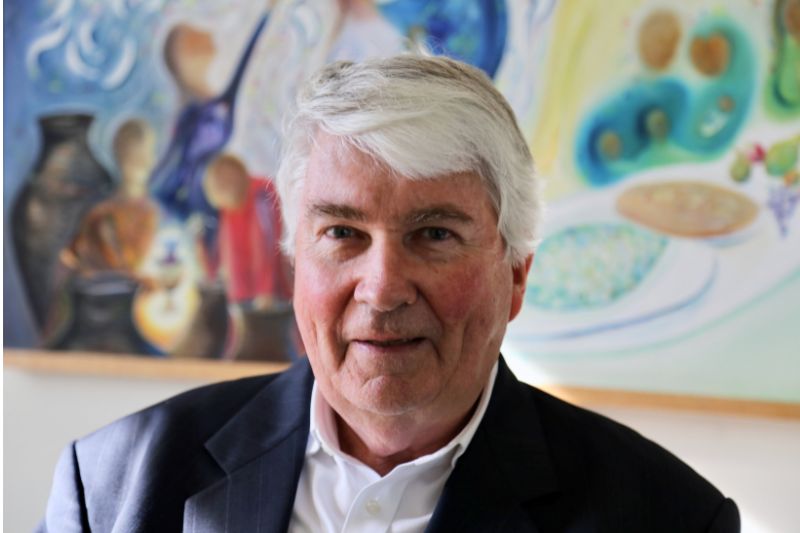
RELIGION
- Jim McDermott
- 13 March 2025
Frank Brennan wears his prominence lightly. A priest, lawyer, and tireless advocate for Indigenous rights and refugees, he is as at home in political corridors as he is at the dinner table, welcoming friends with stories and good cheer. Now, celebrating 50 years as a Jesuit, he reflects on faith, justice, and a life of service.
READ MORE
-
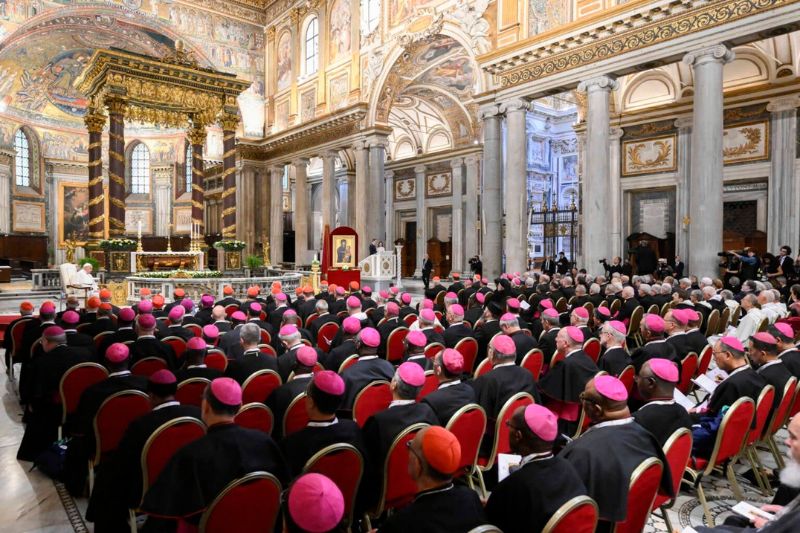
RELIGION
- Richard Lennan
- 19 December 2024
Is the synod a parliament, a shareholder meeting, or something wholly unique? How we frame it shapes our understanding of its purpose and outcomes. Beyond analogies, could the true essence of synodality lie in embracing grace and discernment, re-centering the church on its divine mission?
READ MORE
-
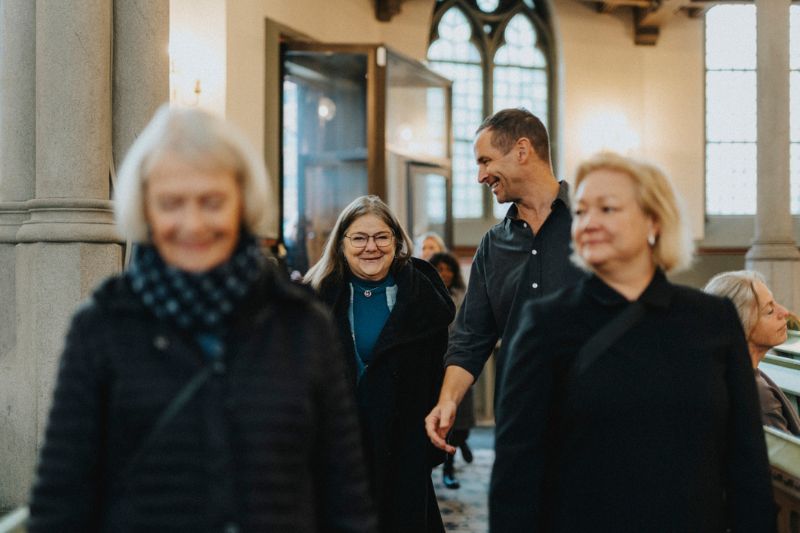
RELIGION
- John Warhurst
- 03 December 2024
2 Comments
The Synod of Bishops may mark a turning point for the Catholic Church, but the real work now begins — locally. From diocesan councils to parish communities, the challenge lies in translating synodality into action. In Australia, divergent episcopal views and a patchy history of reform raise critical questions about the Church’s future.
READ MORE
-
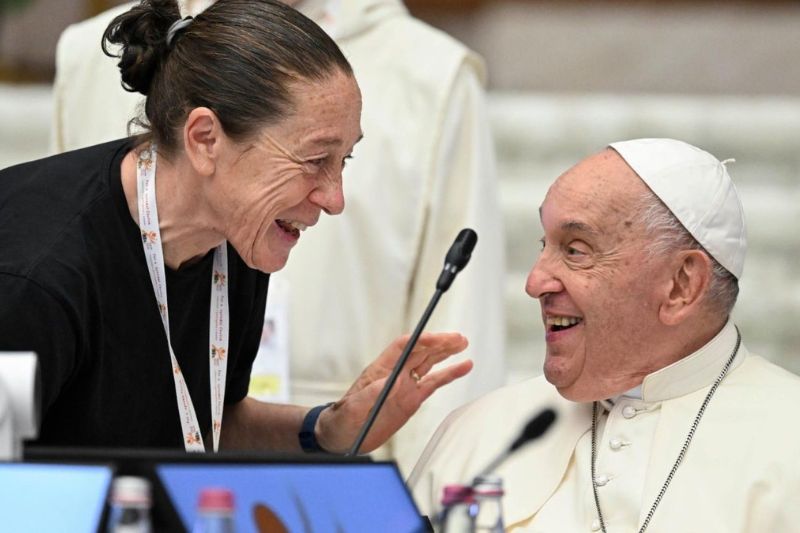
RELIGION
- Bruce Duncan
- 14 November 2024
14 Comments
The Synod is possibly the most important event in the Catholic Church since the Second Vatican Council. And despite its focus on internal Church reform and participation, can it effectively address broader social and moral issues in the world while still promoting a more inclusive and accountable Church?
READ MORE
-

RELIGION
- John Warhurst
- 07 November 2024
14 Comments
The Catholic Church recently displayed two strikingly different faces. In Rome, the Synod on Synodality wrapped up with a facade of unity. But back in Melbourne, a Catholic University’s graduation became a battleground over church doctrine and free speech, exposing deep, unresolved fractures within the church.
READ MORE
-

RELIGION
- John Warhurst
- 03 September 2024
8 Comments
Lay-led organizations, once marginalised, are now ascendant in the Church, challenging traditional hierarchies and redefining what church might look like in future. Ministerial Public Juridic Persons (MPJPs) have a growing influence, and for some, hold the potential for a more inclusive, lay-led Church.
READ MORE
-

RELIGION
- Elizabeth Young
- 15 August 2024
12 Comments
Copious research has demonstrated the historical existence of women deacons, including St Phoebe, the only person in scripture with the descriptor Deacon. So how far off is Australia from ordaining women deacons?
READ MORE
-
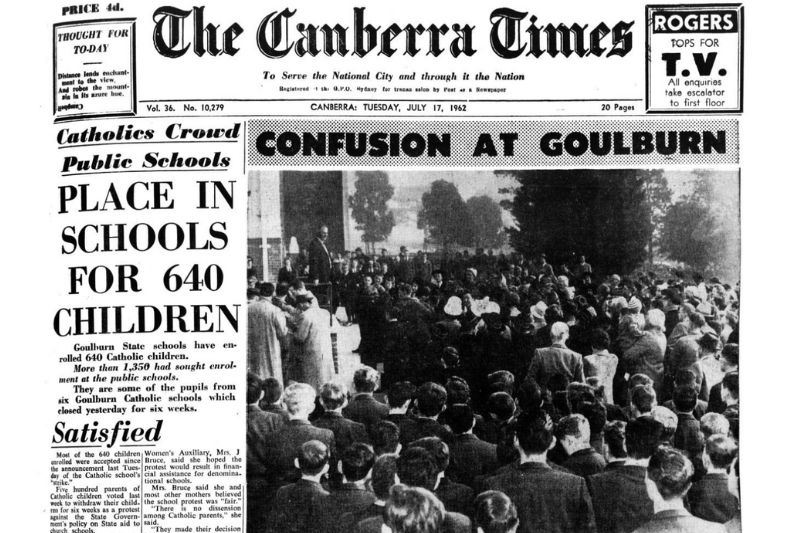
RELIGION
- John Warhurst
- 03 July 2024
8 Comments
In 1962, Goulburn was the centre of national attention when Catholic schools closed in protest over a lack of government funding and control. Students overwhelmed public schools. Could this happen again? An Australian archbishop suggests it as an option if religious freedom in Catholic schools is threatened.
READ MORE
-

RELIGION
- John Warhurst
- 29 May 2024
29 Comments
We are now witnessing a changed dynamic within the movement for church reform. The balance within its component parts has changed towards a more pessimistic view. A minority is still hopeful; a few even remain optimistic, but most are struggling.
READ MORE
-
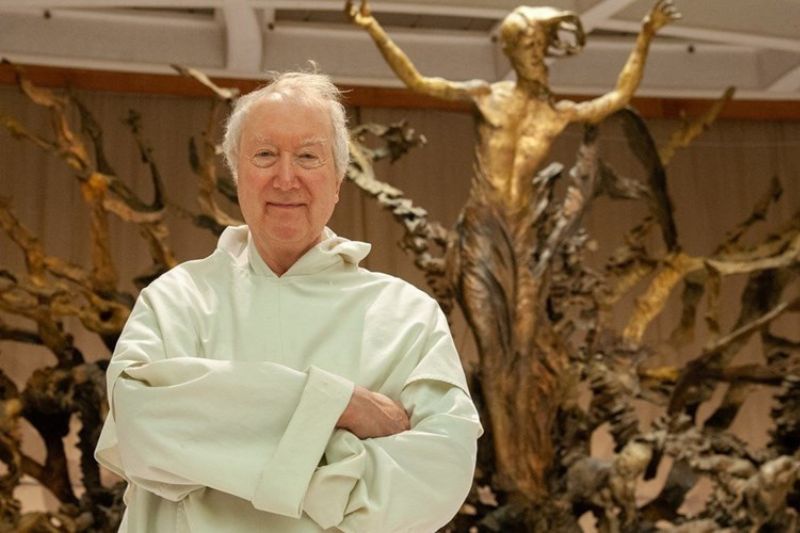
RELIGION
- John Warhurst
- 09 April 2024
12 Comments
Timothy Radcliffe has a hopeful vision for the Church, yet noting the slow pace of institutional change in his recent visit to Australia, he presented a sort of optimism that eschewed any hope for immediate outcomes. The basis for Radcliffe’s optimism seems to be his assumption that it is acceptable for the Church to take its time.
READ MORE
-

RELIGION
- John Warhurst
- 13 March 2024
7 Comments
The Vatican's decision to let priests bless couples in 'irregular relationships' has sparked diverse reactions within the Australian Church, revealing the complex interplay of faith and cultural diversity within Australia’s Church communities.
READ MORE
-
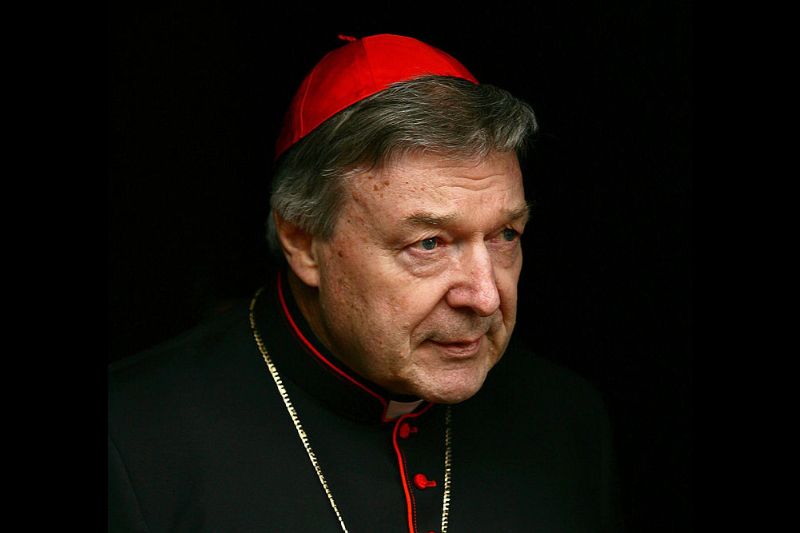
RELIGION
- John Warhurst
- 04 January 2024
Last year, the late Cardinal George Pell anonymously published a memorandum that criticized Pope Francis and his vision of a synodal church and condemned the Synod as a ‘catastrophe’, Cardinal Pell's memo signals building tensions between different visions for the future of the Church in Australia.
READ MORE